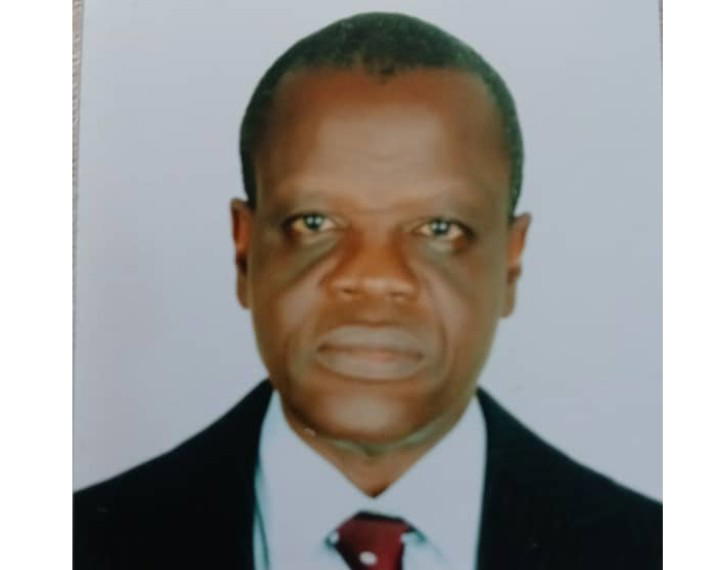Two strong disruptions to Nigeria’s democratic flow in March 2025 were seemingly repaired recently with the dramatic restoration of Governor Siminilayi Fubara to the helm of affairs in Rivers State and the reinstatement of Senator Natasha Akpoti-Uduaghan to the Senate after months of suspension.
On the surface, both restorations may appear as victories for democracy, yet when viewed closely, they reveal two sharply contrasting responses to political persecution — one marked by courage, the other by compromise.
Fubara and Akpoti-Uduaghan were both suspended from office roughly around the same period — the Rivers State governor through a presidential fiat, and the Kogi-born senator through a Senate resolution allegedly orchestrated by her political rivals.
In both instances, the suspensions were widely criticised as illegal and unconstitutional. Legal experts and civil society groups were united in their opinion that no president has the constitutional authority to unilaterally suspend an elected governor, just as the Senate lacks the power to deprive an elected senator of her mandate without recourse to due process.
Yet while both leaders were victims of arbitrary power, their responses could not have been more different.
Fubara: The Governor Who Blinked
When President Bola Tinubu announced the so-called “emergency rule” in Rivers State earlier this year, it marked a dangerous precedent in Nigeria’s federal system — one that trampled on the autonomy of a federating unit.
Rather than challenging the illegality head-on, Governor Fubara — once seen as the underdog standing up to the powerful Rivers political machine — folded under pressure.
From the moment he was suspended, Fubara embarked on a path of appeasement. Instead of rallying the moral and legal high ground, he chose the comfort of political survival, making peace with those who sought his downfall.
In doing so, he betrayed many of his allies — those who stood with him in the trenches against the political establishment led by his predecessor and estranged godfather, Nyesom Wike.
Fubara’s reinstatement, rather than symbolising triumph, has become a symbol of capitulation. His recent visit to President Tinubu, where he shockingly expressed gratitude for both his suspension and reinstatement, has sparked outrage.
How does a governor thank anyone for violating the constitution that sustains his office? The gesture not only revealed his weakness but also raised questions about his understanding of leadership, integrity, and constitutionalism.
To many observers, Fubara’s behaviour underscores a troubling pattern among Nigerian politicians — a willingness to exchange principle for position, and constitutional sanctity for personal safety.
Natasha: The Fighter Who Refused To Bow
In contrast, Senator Natasha Akpoti-Uduaghan of Kogi Central displayed the spirit of defiance and conviction.
Suspended by her colleagues in what many saw as a politically motivated move orchestrated by Senate President Godswill Akpabio Natasha did not retreat into silence.
She fought back — legally, politically, and symbolically. Through her lawyers, she approached the courts to challenge the Senate’s action. Simultaneously, she took her battle to the streets, mobilising women’s groups, civil society, and ordinary Nigerians to rally against what they viewed as gender bias and political bullying.
In a chamber often dominated by male voices and backroom deals, Natasha’s defiance became a rallying point for those demanding accountability and fairness. Her persistence paid off when she was reinstated, not through favours, but through sheer determination.
While Fubara sought refuge in submission, Natasha drew strength from resistance.
Her story mirrors that of a new generation of Nigerian leaders — one that refuses to cower before institutional intimidation, one that places justice above political expediency.
Nigeria’s democracy today stands at a crossroads. The tension between strongmen and institutions, principle and pragmatism, courage and cowardice, continues to define its leadership class.
Fubara’s ordeal reflects the fragility of subnational authority under an increasingly centralised presidency. Rivers State, with its vast oil wealth and strategic significance, has long been a political battleground. From Peter Odili to Rotimi Amaechi and Nyesom Wike, the state has produced fiery, defiant leaders. Fubara’s reluctance to fight, therefore, stands out — and not in a flattering way.
By contrast, Natasha’s saga reveals the entrenched resistance that female politicians often face in Nigeria’s male-dominated political space. From fighting electoral malpractice in Kogi to winning a bruising tribunal battle to reclaim her Senate seat, her journey has been defined by resilience.
That she once collaborated with some of those now aligned against her — including Akpabio — only deepens the irony of her defiance. Yet, unlike many, she chose not to play the victim but the vanguard.
Courage in politics is not the absence of fear, but the willingness to stand firm in the face of injustice. In a system where political loyalty is often valued above moral clarity, Natasha’s boldness has offered Nigerians a rare glimpse of leadership grounded in conviction.
Fubara’s deference, on the other hand, reinforces cynicism — the belief that those who rise to power in Nigeria ultimately surrender to its compromises.
History remembers not those who merely survived, but those who stood up. From Obafemi Awolowo’s imprisonment to M.K.O. Abiola’s martyrdom, Nigeria’s democratic memory is written in the ink of courage, not convenience.
A Tale Of Two Paths
Fubara and Natasha embody two paths before Nigerian democracy. One leads to docility, where elected officials bow to the whims of higher powers; the other to defiance, where leaders, armed with conviction, defend the sanctity of their mandates.
For the people of Rivers, Fubara’s reinstatement may bring temporary calm, but his gratitude to those who wronged him will haunt his legacy.
For Kogi Central and for Nigerian women in politics, Natasha’s return is more than personal redemption — it is a statement of strength, a rebuke to patriarchy and impunity.
Between Fubara’s cowardice and Natasha’s courage lies the future of Nigeria’s democracy — a choice between subservience and sovereignty, between leaders who bend and leaders who boldly stand.
The post Between Natasha’s defiance and Fubara’s docility, by Emmanuel Aziken appeared first on Vanguard News.

